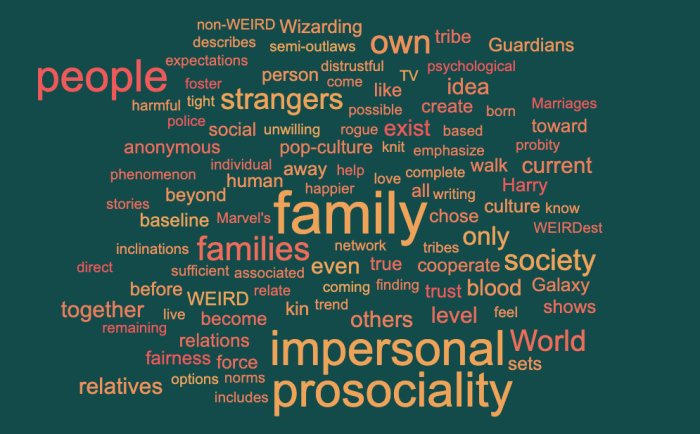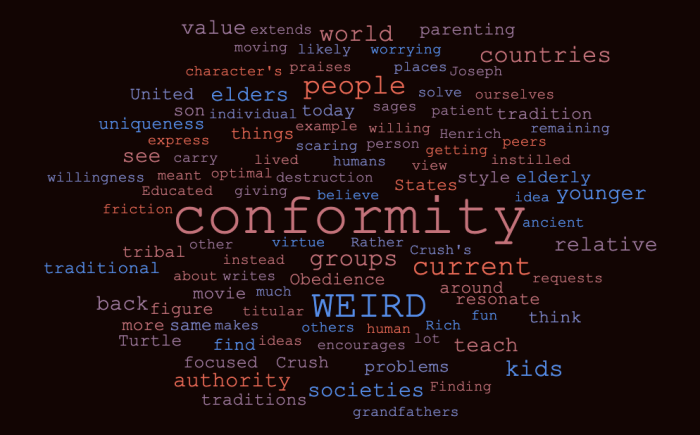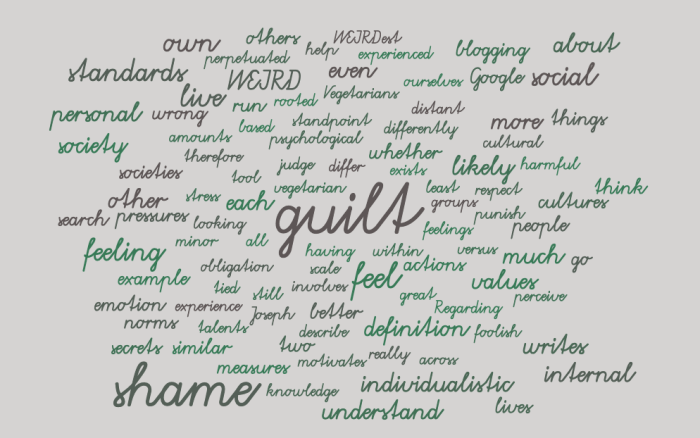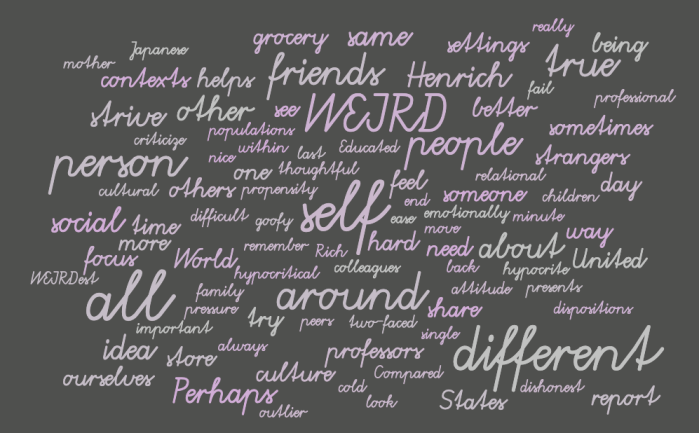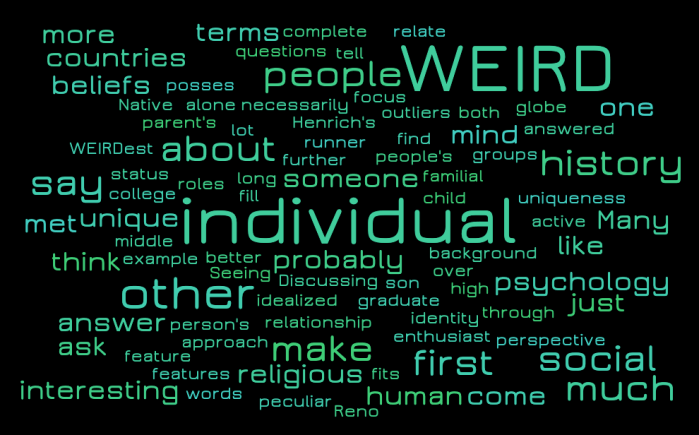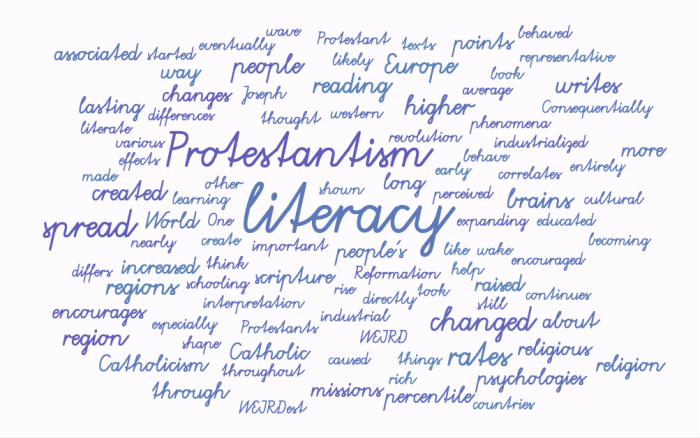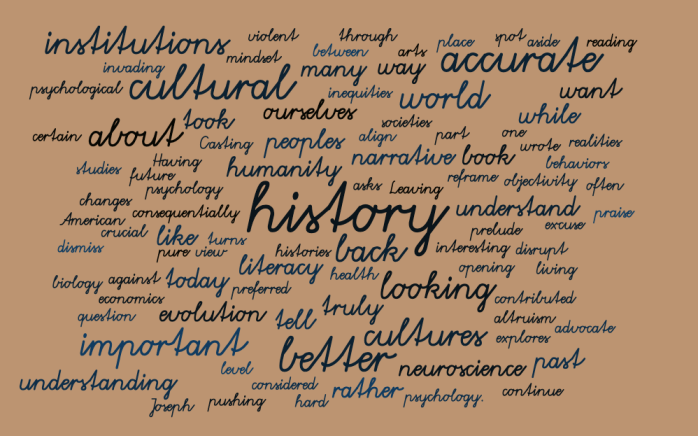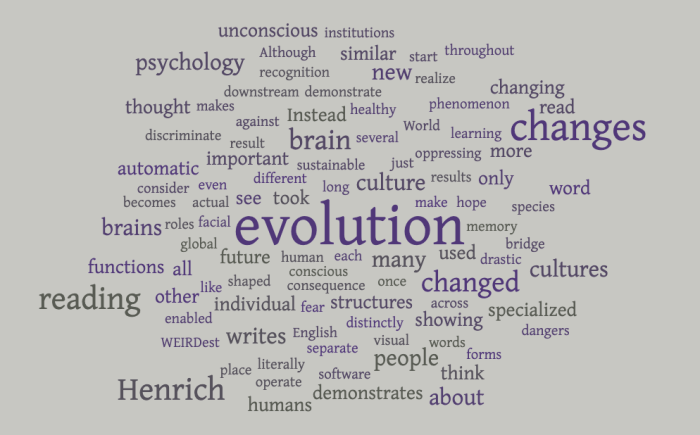There is a current trend in pop-culture movies and TV shows to emphasize the idea of the “found family.” This idea shows up in the Harry Potter series as Harry’s only remaining blood relatives are awful, but his found family in the Wizarding World become a true force for love. Marvel’s Guardians of the Galaxy is a big story about the power of found family and the complexities and challenges of coming together to create a family out of people who previously didn’t have any family. Across a lot of current pop culture, stories feature the families we chose, not the families we are born into.
The idea of the found family could only exist in a world of impersonal prosociality which sets a baseline for how we behave and relate toward others. Impersonal prosociality is a WEIRD phenomenon. Through much of human history, tight knit clans and tribes based on immediate blood relations have been the driving force of human society. Marriages bridged gaps and brought families and people together. Survival and interaction beyond the family, tribe, or kin group was rare. Impersonal prosociality sets a foundation from which we can move beyond familial relations and create our own found families.
In his book The WEIRDest People in the World, Joseph Henrich describes impersonal prosociality by writing:
“Impersonal trust is part of a psychological package called impersonal prosociality, which is associated with a set of social norms, expectations, and motivations for impartial fairness, probity, and cooperation with strangers, anonymous others, or even abstract institutions like the police or government. Impersonal prosociality includes the inclinations we feel toward a person who is not tied into our social network at all. How should I treat this person? It’s like a baseline level of prosociality with anonymous others, or a default strategy.”
My argument is that you cannot have a concept of a found family in a non-WEIRD world that does not have a high level of impersonal prosociality. If everyone in society is generally distrustful of strangers, is unwilling to cooperate and do business with people that they don’t know personally, and will not interact with people outside their tribe and kin, then a found family cannot exist. Found families are only possible when people can survive on their own and can work with and cooperate with complete strangers. From there, people can leave families that are abusive, that do not support their goals and ideologies, and that may be harmful for them as individuals. If society does not have a sufficient level of impersonal prosociality, then you cannot strike out on your own and you cannot chose to walk away from your direct relatives.
But when society does foster trust, communication, trade, and fairness between strangers, then an individual can walk away from family and chart their own path. Harry was welcomed into a supportive Wizarding World with strangers who were eager to help him, even before they actually knew who he was. Peter Quill in Guardians of the Galaxy and all of his companions were able to live as rogue semi-outlaws on their own before finding that they could come together as a found family and be happier than they were on their own. When society embraces impersonal prosociality, people have more options to branch out and find those people who can become their true family, even if they are not blood relatives. Our current pop-culture fascination with the found family can only exist in our WEIRD culture.
